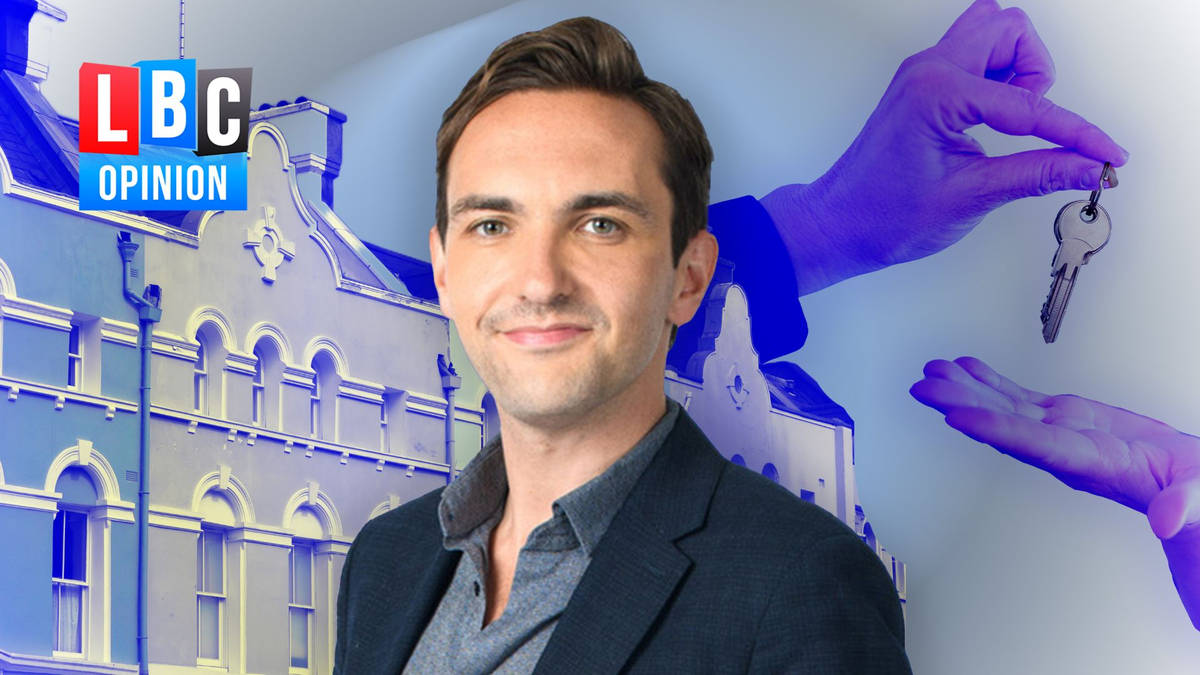Specifically, a conversation about a truly radical inheritance tax. One that doesn’t just nibble around the edges of wealth, but fundamentally rethinks our society’s relationship with it. We should be considering a 100% inheritance tax.
The current debate, sparked by suggestions that the Chancellor might close a loophole on gifts, is a distraction from the real issue. It’s a debate framed by wealth managers and consultancies who, perhaps unsurprisingly, warn that “tightening up” the rules would harm young families.
This argument, that the best way to address generational inequality is to let the wealthy few pass down their money, is a profound misreading of the problem. It’s a system designed to benefit the wealth managers, not the average person.
The heart of the matter is this: we have created an economy that relentlessly taxes earned income while leaving vast sums of unearned wealth largely untouched. The numbers are staggering. The bottom 50% of the UK population owns less than 5% of the total wealth, while the top 1% owns nearly a quarter.
This is a disparity that is far more unequal than income inequality, and it’s getting worse. We are moving towards a society that looks more like the Gilded Age of the 19th century, where a select few can live comfortably off of inherited assets, while the majority are “wage slaves” paying high marginal tax rates on their hard-earned income.
This isn’t just about fairness; it’s about a truly meritocratic society. Dynastic wealth, passed down from generation to generation, entrenches inequality and creates an aristocracy of wealth. It rewards people for simply being born into the right family, regardless of their own merit, productivity, or contribution to society.
Meanwhile, those without wealthy forebears are left to struggle with high costs for housing and childcare, their only hope being to work harder and harder, only to see a significant portion of their income taken in taxes.
My contention is that we should flip the entire system on its head. The quid pro quo for a 100% inheritance tax is a significant reduction in taxes on earned income. Let’s incentivise work and productivity. Let’s reward people for getting up and contributing, not for winning the lottery of birth.
You should have the right to work and keep more of your own money, but you do not have a right to inherit wealth you did nothing to earn.
This isn’t a new or untested idea. In the early 20th century, the UK implemented high estate duties to fund the First World War, and after the Second World War, higher rates of inheritance tax contributed to a fairer society with less dynastic wealth. We’re not talking about something radical and untried; we’re talking about returning to a principle that once helped level the playing field.
As Thomas Jefferson once said, “The earth belongs to the living, not to the dead.”
A truly radical inheritance tax would not only raise tens of billions of pounds to fund public services and level the playing field, but it would also send a clear message: in this country, work is rewarded.
It would challenge the notion that you are entitled to the unearned fruits of someone else’s labour.
It would be a powerful step toward dismantling the aristocracy of wealth and building a society where opportunity is open to all, not just to those who were born lucky.
_______________________
Lewis Goodall is a Presenter for LBC and Co-host of The News Agents podcast.
LBC Opinion provides a platform for diverse opinions on current affairs and matters of public interest.
The views expressed are those of the authors and do not necessarily reflect the official LBC position.
To contact us, email opinion@lbc.co.uk
